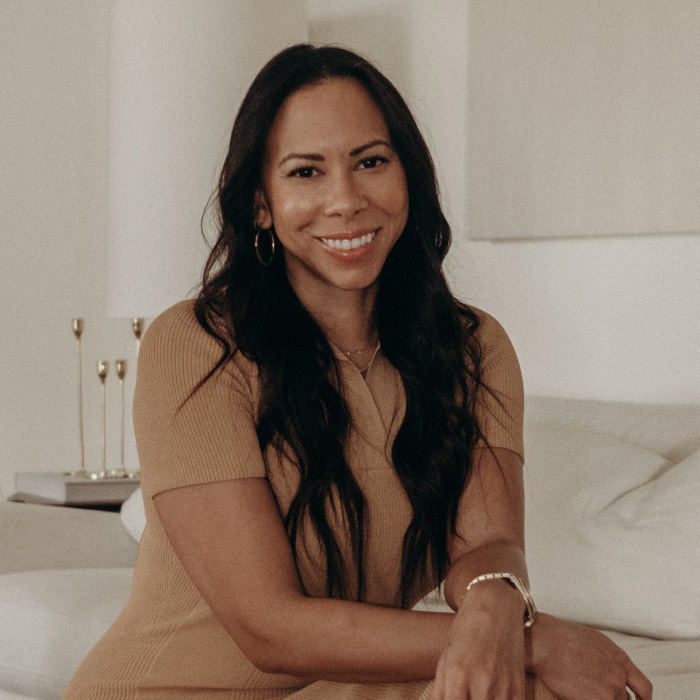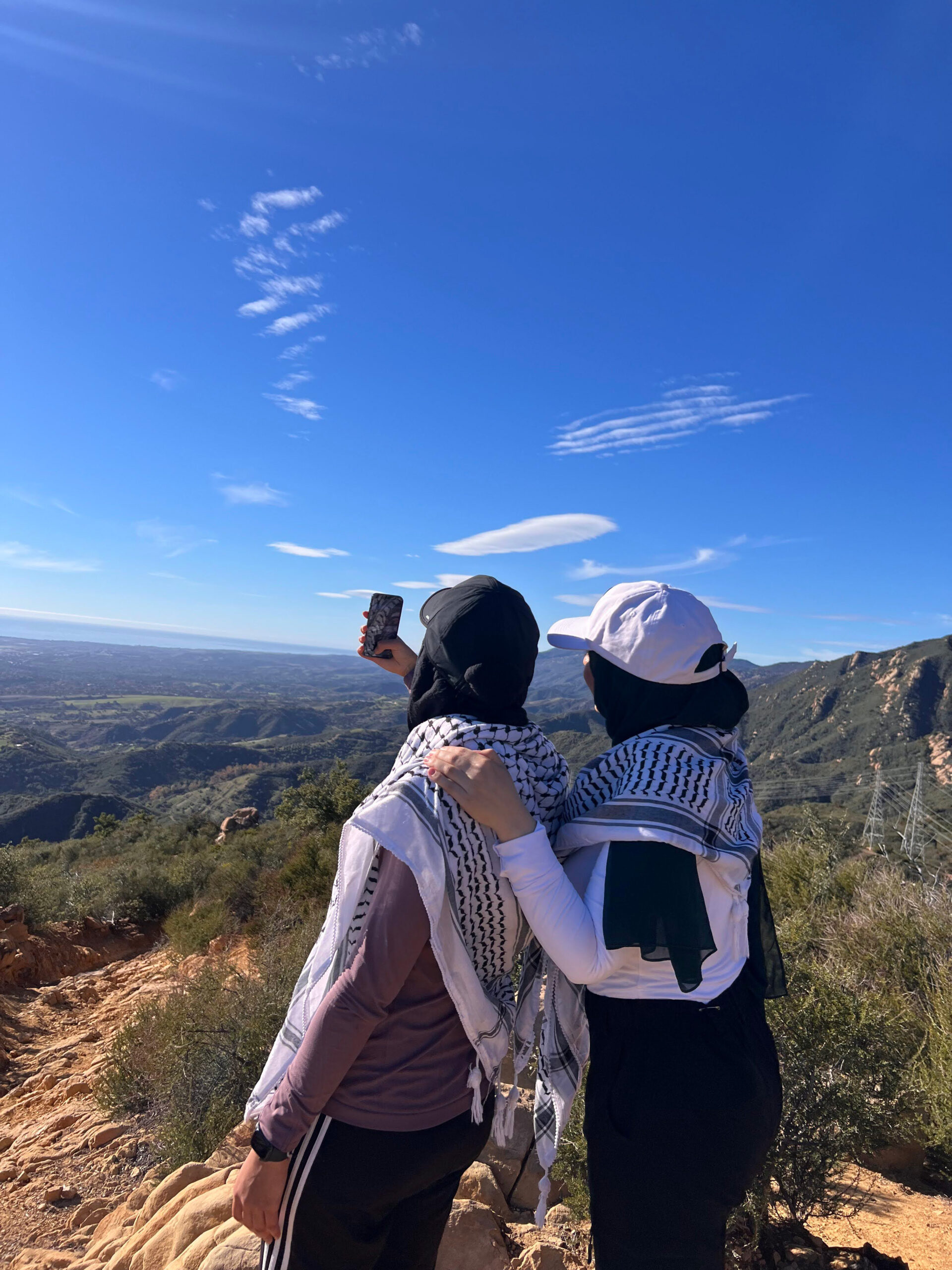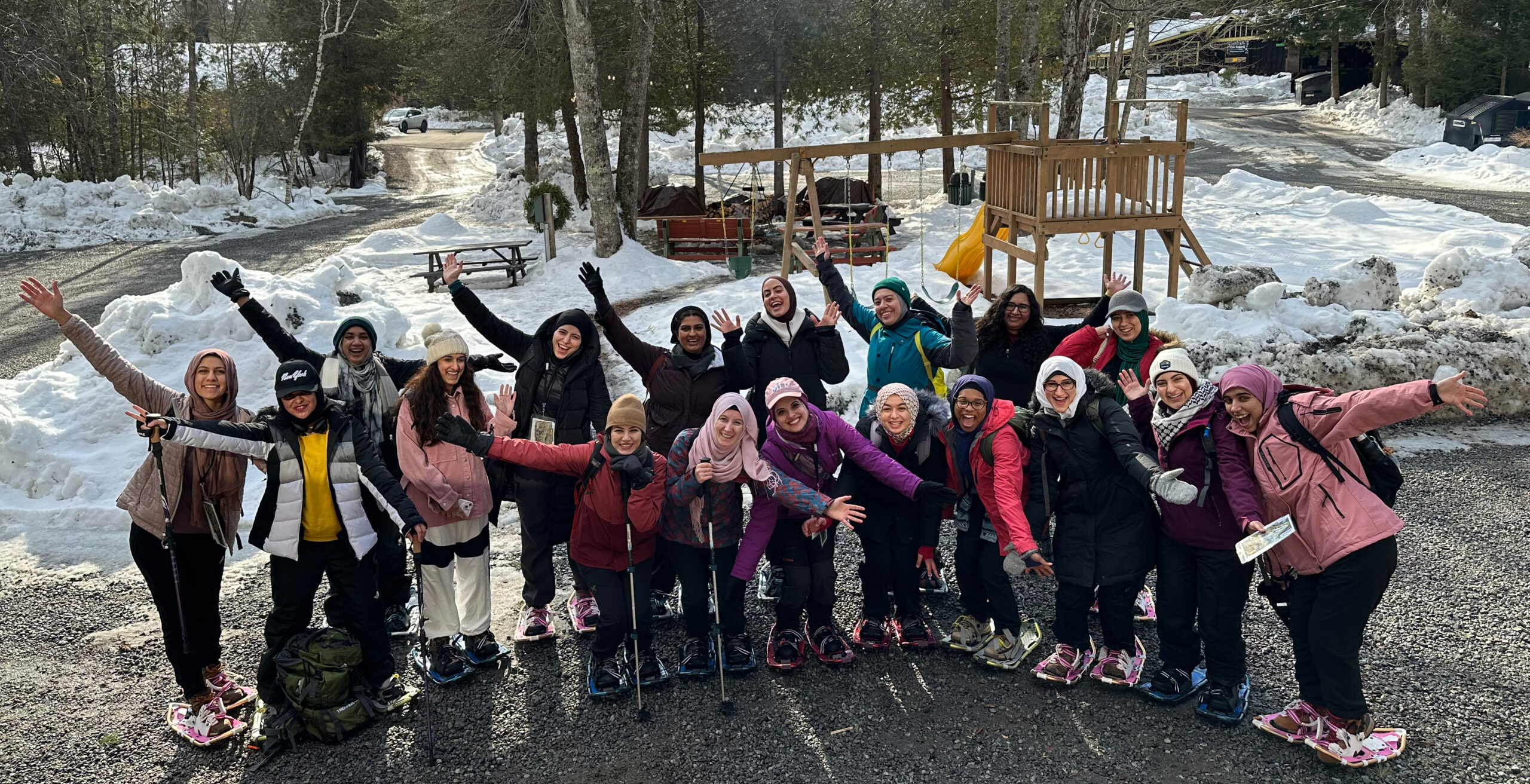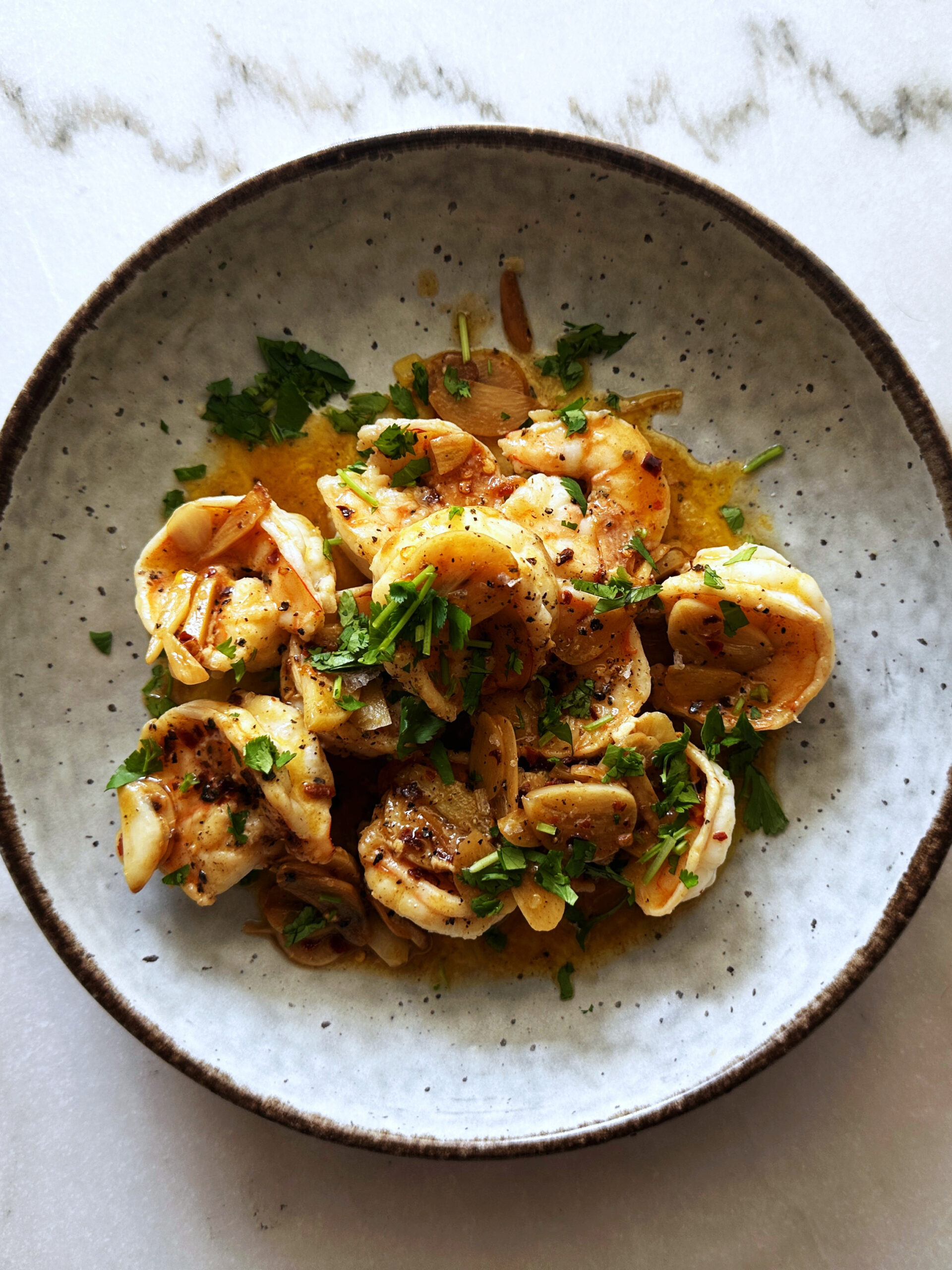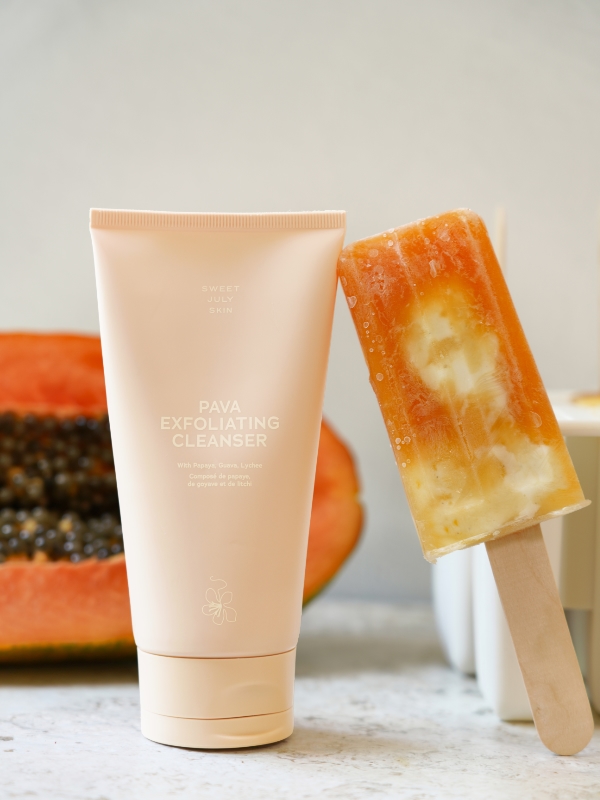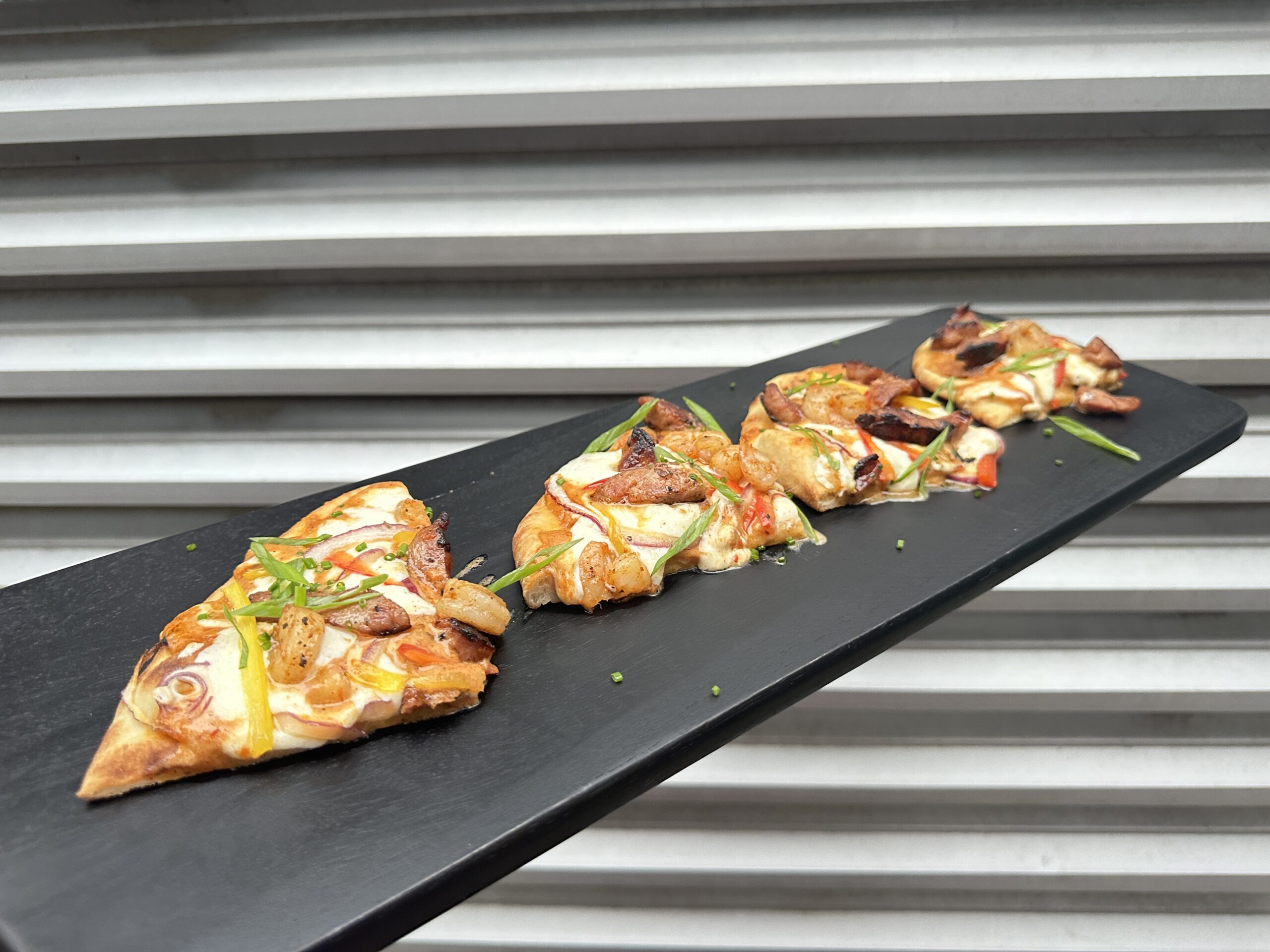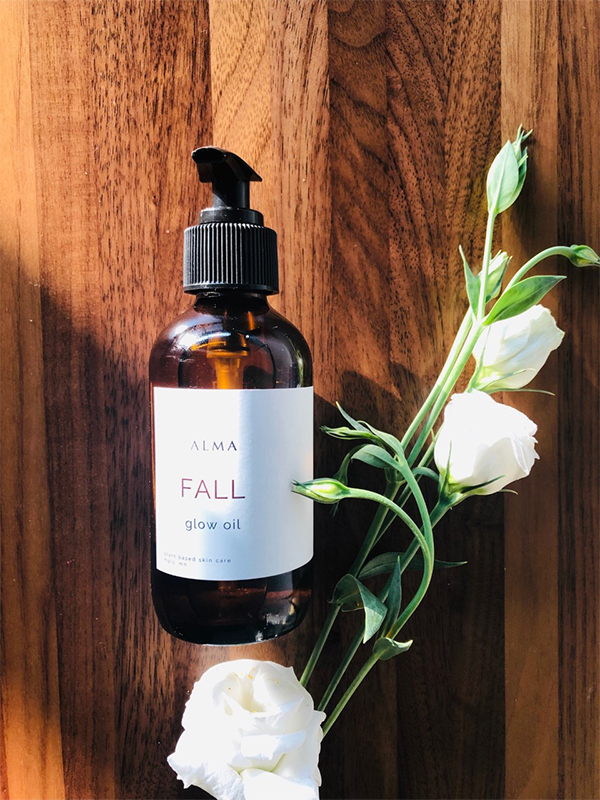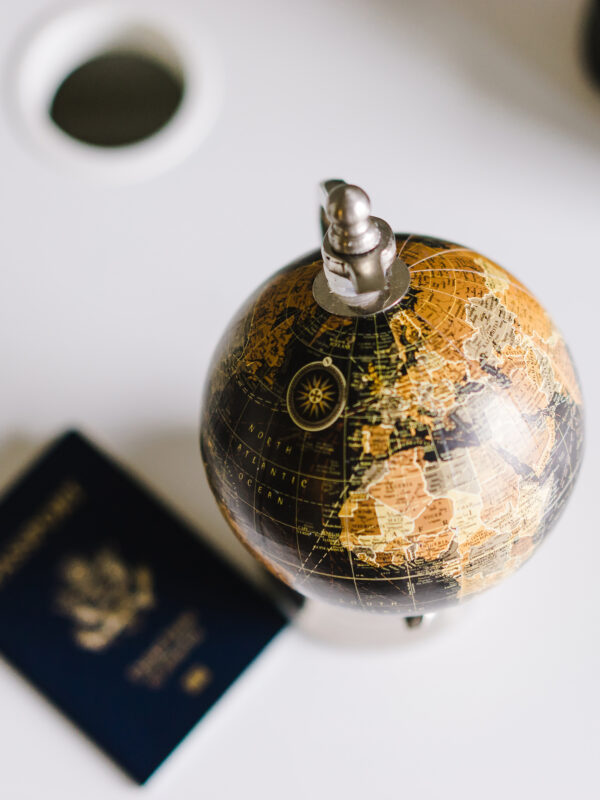When Nadah Feteih, a 27-year-old Egyptian-American Muslim woman, founded Ma’wa Collective, it was for the benefit of other Muslim women like me who craved community and fresh air but above all safety.
“I’m someone who likes to rock the boat, and I just felt like we needed to prove that this was possible,” Feteih tells Sweet July, about this outdoor adventure group she began in February 2023.
It started with a plan to camp in Death Valley—the hottest and driest National Park in the U.S. Feteih decided to post about it on social media where many had already been following her adventures (more on that later), asking if any Muslim girls wanted to go join. She expected people to receive it as a joke, but, “Fifty girls responded,” says Feteih. “We landed on a group of 20 and we ran that first camping trip to Death Valley. I launched the Ma’wa Collective Instagram page right after and it grew quickly to about a thousand people.” Members have ethnic backgrounds from Palestine, Sudan, Algeria, Egypt, Morocco, Kashmir, Iraq, Pakistan, and beyond.
“It’s a niche, untapped market that serves a community that’s been underserved for so long,” says Feteih. Since its inception, the collective has done multiple trips mainly across California, but also in Ontario, Canada, Arizona, and New Hampshire, with plans to expand.
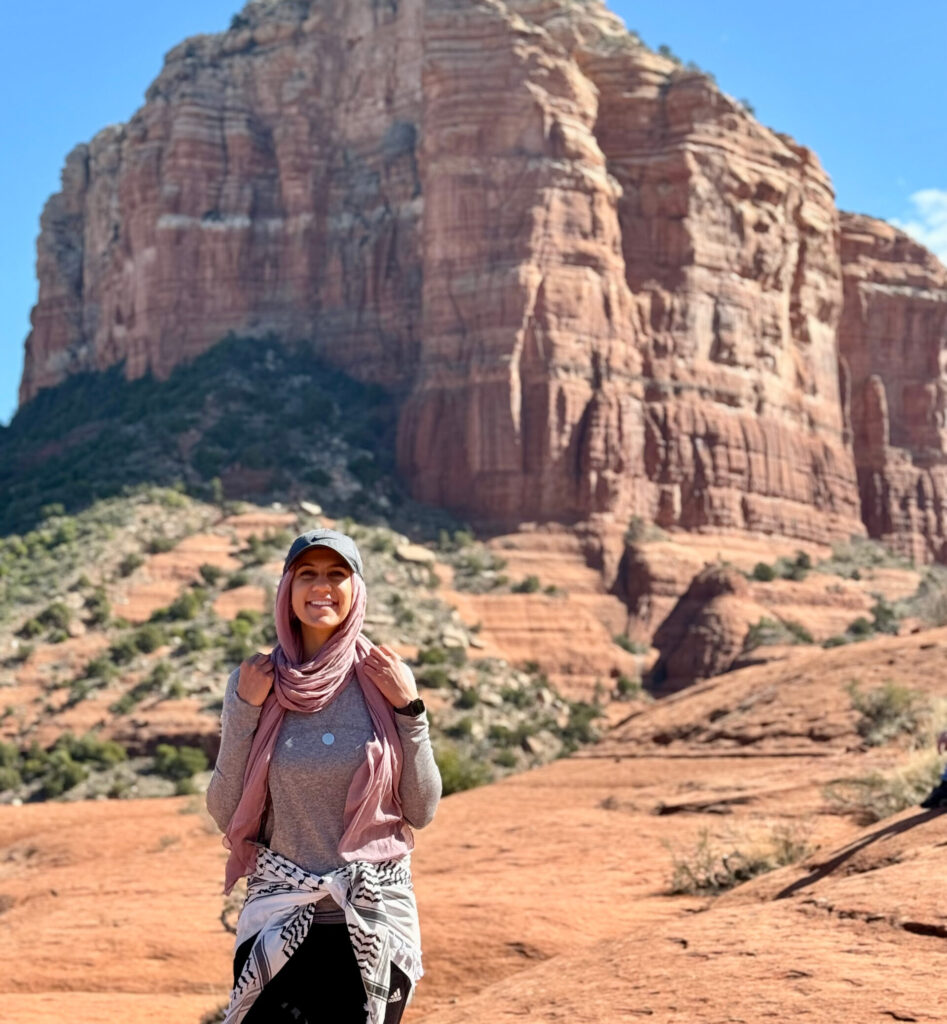
Fittingly, Ma’wa (مَأْوَى) is an Arabic word that means sanctuary or a place of refuge, and that’s exactly what Ma’wa Collective has been for many of its members, especially during Ramadan; this year, the holy month of fasting has been rife with extreme, at times heightened, levels of Islamophobia as well as incredible amounts of grief. People have lost family and friends in genocides, conflicts, and climate disasters in Palestine and Sudan, Pakistan, and many other places globally.
“The experience of collective grief is very prevalent in our Muslim communities,” Rachel Baldi CPCC, PCC, a Muslim women and Certified Grief Coach, tells Sweet July. “Our grief needs to be witnessed and processed in healthy ways so it can be honored and not suppressed. Being outdoors can help us be present with all the emotions that come with grief and recharge and resource ourselves. Doing this with another person can be even more helpful.”
Shared experiences beyond grief have created organic and lasting bonds; many of the women in Ma’wa Collective, for example, wear hijab, covering their hair in public or around men they’re not related to, but also to express love for God and to be in community with other Muslims. But to the outside world, who feed on stereotypes, hijabis can often be targeted for discrimination or even violence.
“A lot of people say hijab makes us feel restricted,” says Zeinab Fayad, a 31 year-old Lebanese-Iraqi woman who hikes with the collective and also solo. “Growing up in the Pacific Northwest, that was one of my main concerns. How am I going to hike with a hijab and be fully covered in hot weather? Where are people going to think? What are people going to say?”
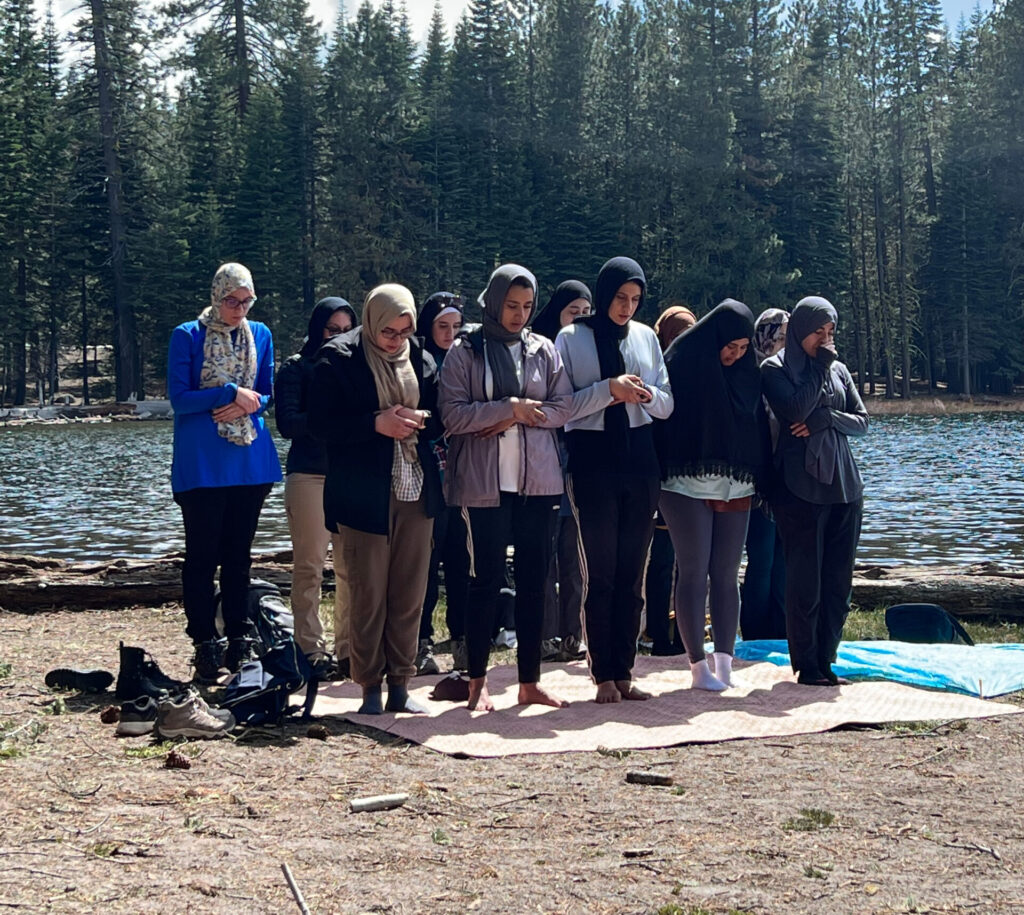
Ma’wa offers a path forward. “We’re all coming in with a shared sense of identity, value systems, and morals,” says Feteih. The level of conversations that I have with other Muslims are so much deeper, conversations I’d always craved and I never got from the other non-Muslim groups I would go with for these experiences. If I went with another outdoor company on a backpacking trip, I would need to explain that I pray five times a day and that I need a place where I can make wudu, cleanse myself before prayer.”
Before founding Ma’wa, Feteih was already an accomplished hiker and mountaineer. She has visited 27 national parks across the U.S. and completed treks to Everest Base Camp in Nepal. She’s summited Mt. Kilimanjaro in Tanzania, Mt. Kosciuszko in Australia, and Glacier Peak in Washington State. This love of nature sprouted from a seed that had been planted years earlier. When she was younger, her parents and other Egyptian families in San Diego would go on camping trips to Yosemite and Tahoe. “I didn’t realize until years later that this was a unique experience my parents gave to us,” says Feteih. “For a lot of Muslim or Arab families, or immigrants, you left a place where you were sleeping outside on the ground out of necessity, not out of choice, because you had nowhere to go. So choosing to do that in the States feels strange for some.”
But hearing that their daughter wanted to summit mountains made even Feteih’s parents nervous. “They weren’t really comfortable with me traveling very far or alone for that matter,” she says. “So I was just hiking around San Diego at first.” But Feteih was active, energized, and a determined middle-child who “asks for forgiveness before permission,” so she started to push the boundaries when she moved to the Bay Area for an internship and, later, to pursue her master’s degree before eventually entering a career in tech in Facebook.
The remote nature of her work (the job started at the beginning of the pandemic), gave her the ability to hike. “I started with the small goal of visiting all the national parks in California in 2020,” says Feteih. “Then I started driving up to Oregon and Washington, trekking, backpacking, and mountaineering.” After losing her job in November 2022 as part of the big tech layoffs, Feteih turned that traumatic experience into an opportunity to “take a step back and figure out what I wanted to do.” By the end of that December, she had already planned a trip to Tanzania to climb Mount Kilimanjaro, the highest mountain on the African continent.
On that trip, she joined a group based out of Dubai, hiking with other Muslims and Arabs, and was able to have deeper conversations about faith and identity. “There was a girl there from Saudi Arabia, and she and I related to each other a lot about not being allowed to do a lot of things as Muslim girls and having to push these boundaries.” After that trip, she came back to the States with new momentum, starting Ma’wa not too long after.
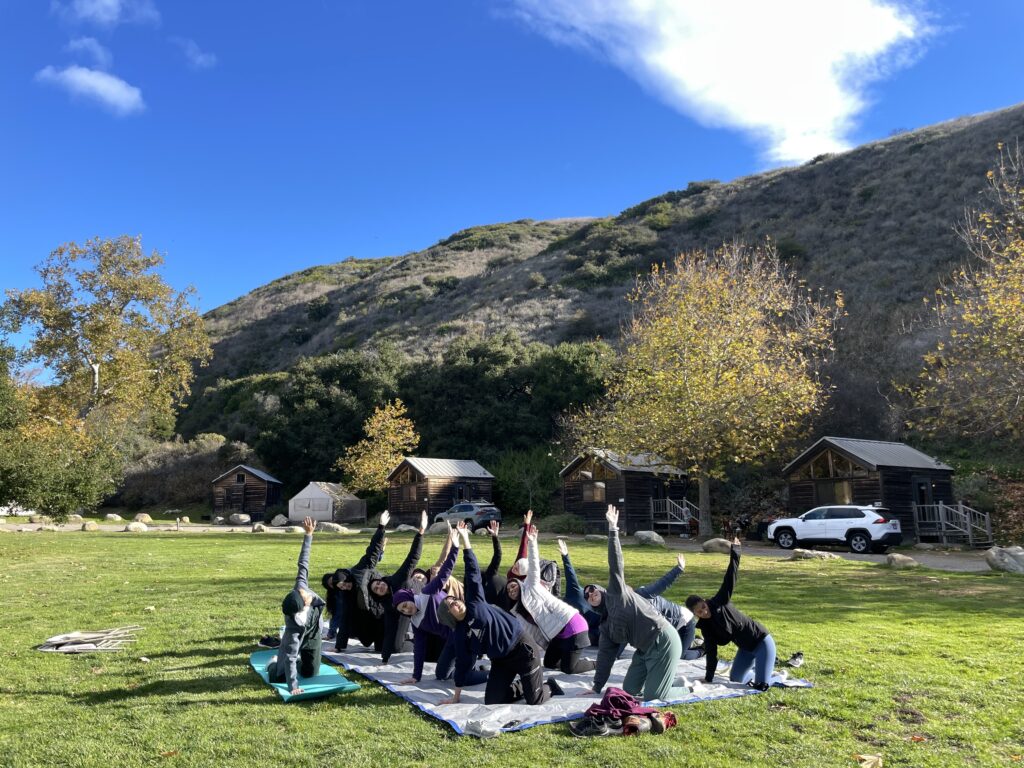
Ma’wa’s community continues to expand. Some members are young women, discovering that there are no limits on what they can do; others are older, showing those women the way.
Huda Aljord, a 50 year old Syrian woman, is a college professor of Middle Eastern Studies and Arabic Language, a mother of five, and a skilled hiker who often guides the younger girls. “Some of the girls on trips will want to do more challenging trails,” says Aljord. “I’ve been hiking all my life, so I will help because of my experiences with backpacking, safety precautions, and everything.” She adds, “The girls will often say ‘Huda, you’re such an inspiration with all this energy that you maintain all day long and at the end of the day, you still cook for us and care for us like we are your own kids.’ I do see my own daughter in each of them.”
Last year, Feteih organized a Mother-Daughter trip, including her own mother. “Our moms loved it,” she says. “They never do things for themselves. They spend their lives raising us.” The trip was such a success that it got Feteih thinking about starting consistent Mommy and Me trips, for young mothers with toddlers and small children who otherwise might not be able to go experience the outdoors.
Feteih wants Ma’wa Collective to reach as many Muslim women as possible, who may have otherwise felt discouraged to show up proudly in public. “It’s more important than ever to show the world our faith, particularly in spaces that people do not expect us to be,” says Feteih. “The more we expose ourselves in groups to these areas where they might not have the same opinion as us, we’re changing the narrative slowly. We’re making ourselves present.”



